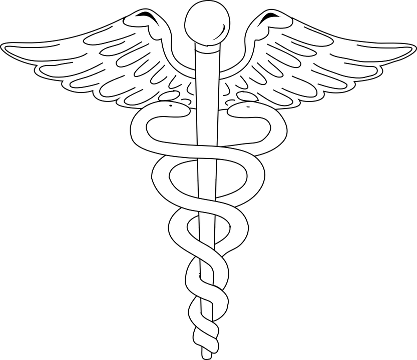Postmenopause vitamin d deficiency associated with disc Degeneration and lower back pain
Lumbar disc degeneration and resulting lower back pain become greater concerns with age and disproportionately affect women over men, likely as a result of decreasing estrogen levels during menopause. A new study demonstrates that vitamin D deficiency, smoking, high body mass index (BMI), and osteoporosis are risk factors for greater back pain.
Lumbar disc degeneration is a common musculoskeletal disease that often causes lower back pain. Vitamin D deficiency is common during the postmenopause period.
Vitamin D is critical in maintaining levels of calcium and phosphorus, helping to prevent bone diseases such as rickets and osteoporosis. Recent studies have shown that vitamin D deficiency is associated with lower back pain and that supplementation can relieve this pain and improve musculoskeletal strength. But few studies have been conducted regarding the role of vitamin D in spinal degeneration, especially in postmenopausal women.
This new study evaluated vitamin D status in postmenopausal women and its relationship with disc degeneration and lower back pain. It concluded that vitamin D deficiency is highly prevalent in postmenopausal women and that a serum concentration of vitamin D less than 10 ng/mL, indicating severe deficiency, should be considered an indicator of severe disc degeneration and lower back pain. It further identified additional risk factors such as smoking, high BMI, and osteoporosis for lower back pain beyond vitamin D deficiency.
Whatever the cause of your lower back pain, chiropractic care can offer considerable relief, without surgery or opioids. In addition, chiropractors can provide expert nutritional advice for further pain relief and pain avoidance.
Presented as a service to the community by: Union County Chiropractic Clinic, 110 Skyline Drive, Maynardville, TN (865) 992-7000 www.unioncountychiropractic.com.
- Log in to post comments
